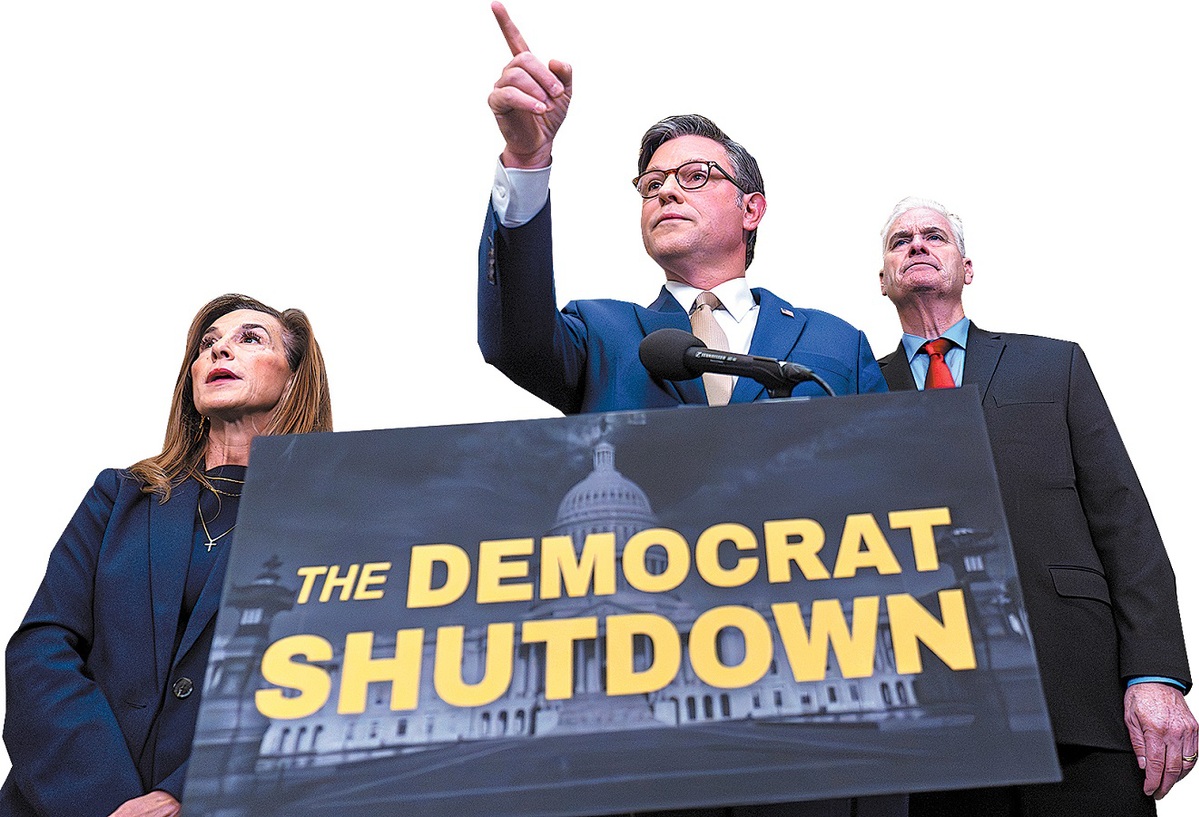US federal workers turn to food banks to survive
Shutdown taking heavy financial, personal toll nationwide


'Disproportionate harm'
Aaron Pacitti, a professor of economics at New York's Siena University, believes the economic impact of the government shutdown is relatively small.
"In a $30 trillion economy, a couple of billion dollars of losses might sound big in the grand scheme of things, but it's an exceptionally small overall percentage," he said. "The estimate is that for every 2.5 months the government is shut down, it subtracts one percentage point from GDP gross."
"Those furloughed government workers, they are not getting that money back. That's where the permanent loss happens," he said.
Even though the shutdown may not significantly affect the US economy as a whole, Pacitti said it disproportionately harms lower-income working class people, who he estimates make up 10 to 15 percent of the population.
He said one of the reasons the shutdown occurred was that there was a disagreement about the subsidies for buying health insurance through the Affordable Care Act that had expired.
Low-income individuals relying on the Affordable Care Act for healthcare "are going to find that their premiums are going to double", he said. "So even though the shutdown as a whole is going to have a relatively small effect on the economy, it's going to hurt the lowest-income Americans the hardest."
Pacitti also said it's unfortunate government shutdowns are becoming a "normalized" part of how the US government operates. He said this is going to start eroding the credibility of the US political system. "I think this is part of a broader political story of the US political system starting to crumble and become less reliable," he said.
























